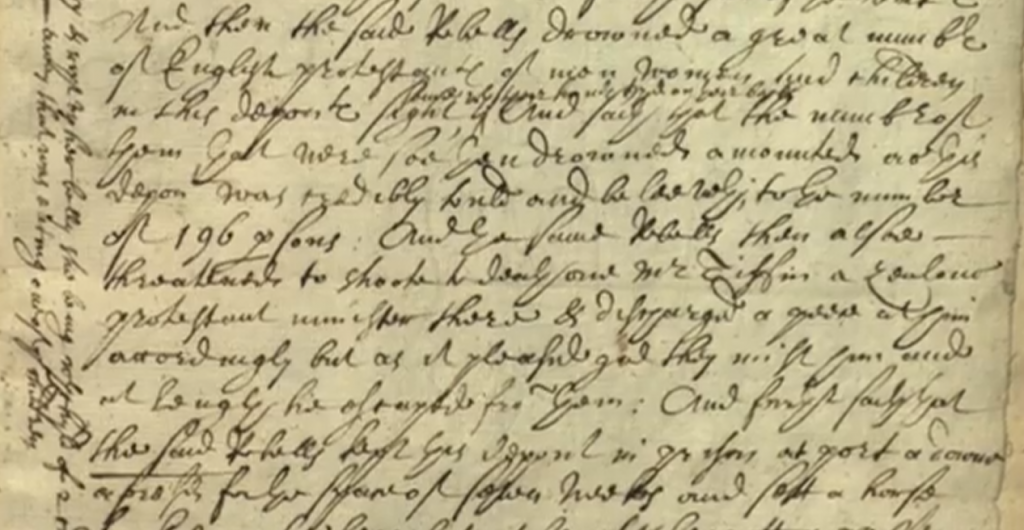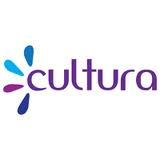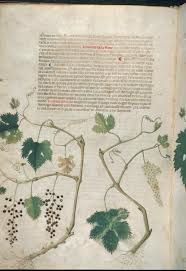|
Digital meets Culture https://www.digitalmeetsculture.net/article/adaptive-personalised-ict-to-make-new-sense-of-the-past/ Export date: Wed Apr 2 7:10:28 2025 / +0000 GMT |
Adaptive, personalised ICT to make new sense of the past
'Cultivating understanding and research through adaptivity' (CULTURA) project has the final aim and benefit to develop tools that will make Europe's cultural and historical heritage more accessible, especially in relation to research mechanisms and navigation in digital collections and archives. In facts, navigation may not be very simple when dealing with wide digital collections, and researchers are often forced into a laborious and time-consuming process of decrypting texts and correlating names, concepts and dates to create an understandable overall picture.  Dr Owen Conlan Dr Owen Conlan, Trinity College's School of Computer Science and Statistics and CULTURA project coordinator, provides the example of the “1641 Depositions”, a fundamental document for the history of Ireland that includes 8000 witness testimonies of the rebellion by Irish Catholics. The 20.000 pages of texts present repeated references to Phelim O'Neil, that is also known in the depositions under different names and spellings (Sir Felim O'Neill of Kinard, Phelim MacShane O'Neill, Féilim Ó Néill) or referred to simply as 'the rebel'. 'When looking at historical material a lot of information is not immediately obvious, there can be many ambiguities and inconsistencies, so what are needed are processes that can dig out that information and find those non-obvious references,' explains Dr Conlan. The ICT can do much of this hard work, and the tools available thanks to the CULTURA environment provide language normalization and analyze the connections between entities and relationships within the content, thus helping in placing historical events and figures in context, so that it is easier to visualize and comprehend them.
This system is a very powerful resource for research, but it also will make cultural and historical heritage more accessible thanks to user profile personalization process that develops dynamic storylines, generating an easy to follow narrative for any user, which adapts dynamically to the user's profile and usage history. 'Historical resources should not only be accessible to university professors and researchers, but to many different types of people, from school and university students to historical societies and interest groups and members of the general public,' Dr Conlan emphasizes. 'One of the biggest challenges digital collections face is accessibility and awareness - CULTURA goes a long way towards addressing these issues.' And he adds: 'In particular, we want to connect stories to real people in the documents because they're the most compelling entities, it's a way to draw users' interest into otherwise abstract events and put them into a much clearer frame of context.' There are plans for CULTURA project to expand also to other on line repositories, for example those of the Irish 1916 Easter Uprising, and to look for to commercialization and re-use of different parts of the technology that compose the system. Read the whole article on CORDIS website. |

